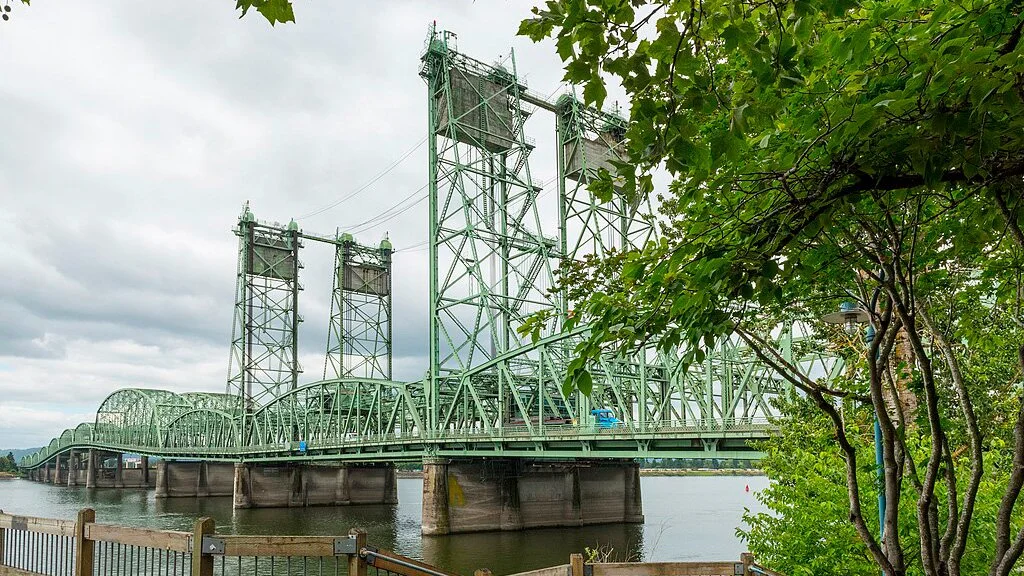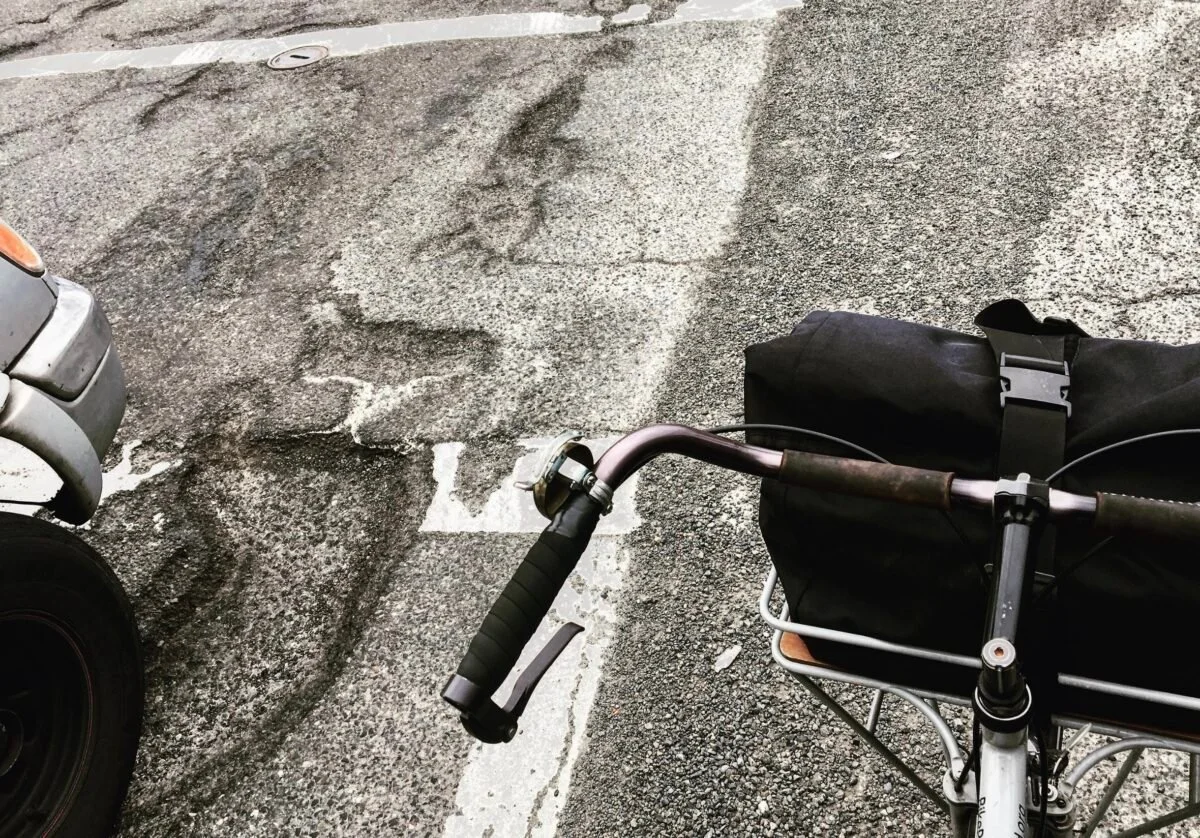Here are six proven techniques that allow communities to preserve mature trees while restoring sidewalks to safe, walkable condition.
Read MoreA South Dakota agriculture company is being charged $50,000 for its road use. Abby and Edward discuss the balancing act of infrastructure costs and municipal budgets, especially in rural areas. (Transcript included.)
Read MoreLocal officials often feel trapped, having to juggle large financial obligations with residents that resist tax increases. But delaying these tough decisions only makes them more painful and politically difficult. Bentonville, Arkansas, is experiencing that firsthand.
Read MoreThe Growth Ponzi Scheme encourages city governments to take on obligations they can never hope to sustain. Purcellville, Virginia, offers a stark example of where this path leads.
Read MoreHaving to shut down major pieces of infrastructure because it can’t afford to repair or replace them is a bad position for a city to be in. But in some cases, it’s just the wake-up call officials need to start making better decisions.
Read MoreOn this week’s episode of the Strong Towns Podcast, Chuck is joined by Beth Osborne, the director of Transportation for America, to discuss the Highway Trust Fund and how it affects federal and state transportation policies.
Read MoreThe Interstate Bridge Replacement project, which is tasked with replacing a bridge that connects Washington and Oregon, is facing alarming delays, cost escalations and seemingly deceptive behavior from officials. These problems are symptoms of broader issues in North American transportation spending.
Read MoreWashington's Department of Transportation recently reported that they’re weight restricting another bridge because it’s becoming dangerously old. This is a symptom of a problem that stretches across North America: grossly misplaced priorities. It's time for a serious reevaluation of transportation spending priorities.
Read MoreStreet trees are more than just beautiful additions to cities and towns — they also provide many economic and practical benefits, from prolonging the life of road surfaces to lowering energy bills. Here’s why you should invest in some trees.
Read MoreSpecial assessments are a way local governments can fund projects that will add value to homeowners’ property. When used to fund regular maintenance, though, they’re self-serving, irresponsible and unfairly target the poorest members of the community. It’s time to demand better.
Read MoreNew facilities aren’t bad, but they do present a problem when we can’t afford to maintain them after they’re built.
Read MoreWe have to end highway expansion and focus on projects that actually build wealth in our cities. If you’re not convinced, then read on.
Read MoreUntil we have a credible plan for maintaining our existing transportation infrastructure, we must stop building more roads and bridges. Period.
Read MoreYour city’s long-term resilience requires paying attention to the little things.
Read MoreCalculating the 100-year lifecycle costs of new development shouldn’t be an obscure process, and the province of British Columbia, Canada, has created a tool to help its communities do exactly that.
Read MoreThe proposed annual budget for Winnipeg, MB, reveals the true cost of the Suburban Experiment, and the vibrancy that the city (and so many others like it) has sacrificed in many of its neighborhoods.
Read MoreThe maintenance backlog excuse should not be the end of the conversation—it should be the start of a new one.
Read MorePart of having transparent local accounting is ensuring that the people living in a community know and understand the public costs associated with their homes and businesses. Right now, that isn’t the case in most places.
Read MoreStrong Towns member and former Jackson, MS, resident Amanda Lanata comes to the Strong Towns Podcast to discuss the role that racism played in the city’s recent water crisis.
Read MoreMaine residents want road maintenance. MaineDOT is giving them more roads.
Read More



















